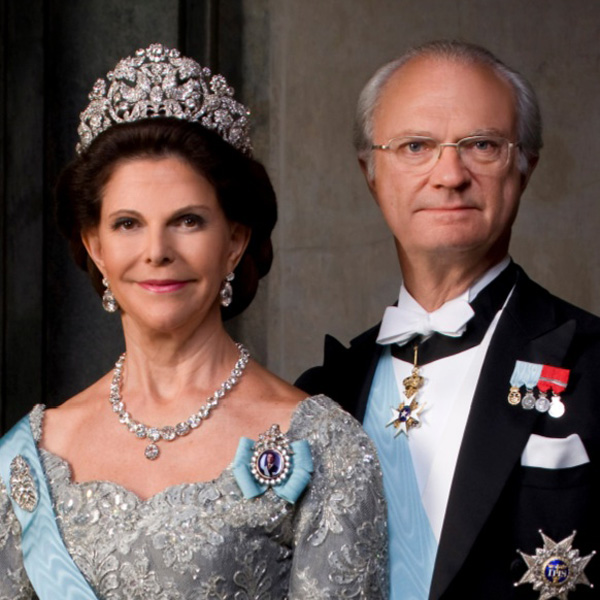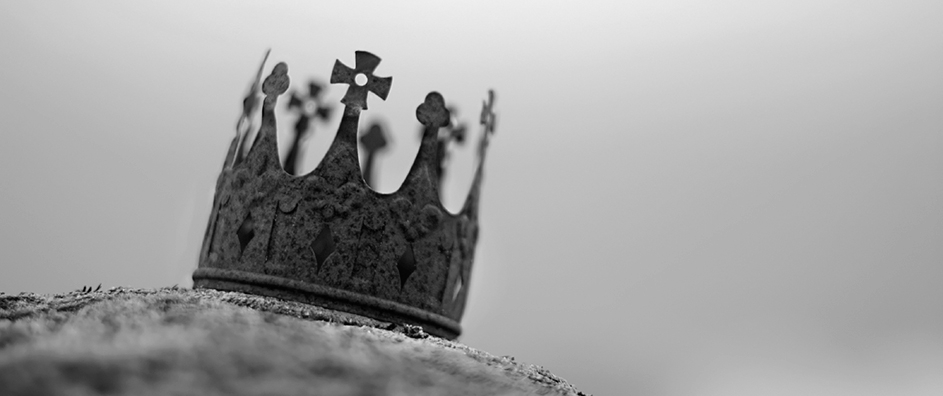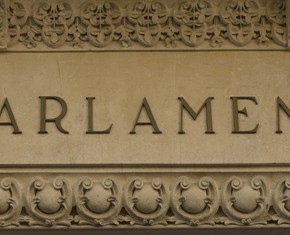The views expressed in our content reflect individual perspectives and do not represent the authoritative views of the Baha'i Faith.
Sweet mercy is nobility’s true badge. – Shakespeare
Virtue is the truest nobility. – Cervantes
The title of nobility in the divine worlds is service. – Louis Gregory
Speaking of nobility, let me tell you about the time I got to meet the King and Queen. No kidding.

King Carl XVI Gustaf and Queen Silvia
I’ve written about the occasion before here at BahaiTeachings.org, but I’ll quickly recap: A friend won the Nobel Prize in Medicine, and invited my wife and I to go along with him and his wife to Stockholm for the Nobel ceremonies. The week-long celebration, capped by the awarding of the prizes and a reception with King Carl XVI Gustaf and Queen Silvia of Sweden, exceeded our imaginations. We danced in the royal ballroom, hung out and talked with the Nobel Laureates, met the royals and marveled at the stately dignity of the huge Swedish palace. (With 1430 rooms, I’d hate to have to clean it, though…)
Serendipitously, at the time my wife was in the midst of writing an educational book about Sweden, her ancestral homeland. She had done a great deal of research on the country, its culture and its governance. As we flew from Los Angeles to Stockholm, she told me how Sweden’s constitutional monarchy, combined with its parliamentary democracy in a hybrid governmental system, limits the King and Queen to chiefly ceremonial duties, and leaves the actual political roles to elected officials.
This intrigued both of us, coming from the United States and its solely democratic governmental model. It also made sense to us as Baha’is, because of what Baha’u’llah said about the beneficial combination of republics and monarchies:
Although a republican form of government profiteth all the peoples of the world, yet the majesty of kingship is one of the signs of God. We do not wish that the countries of the world should remain deprived thereof. If the sagacious combine the two forms into one, great will be their reward in the presence of God. – Tablets of Baha’u’llah, p. 28.
The system of government which the British people have adopted in London appeareth to be good, for it is adorned with the light of both kingship and of the consultation of the people. – Ibid., p. 93.
When we took part in the Nobel Week ceremonies and activities, we saw how the majesty of a monarchy can work. The King and Queen of Sweden, both dignified and serious people, actually modeled an altruistic and service-oriented nobility by honoring the Nobel Laureates. We realized that every year, when they formally recognize the great contributions of science and literature to the planet, they exemplify a primary Baha’i principle:
The virtues of humanity are many but science is the most noble of them all. – Abdu’l-Baha, Foundations of World Unity, p. 59.
The highest praise is due to men who devote their energies to science, and the noblest center is a center wherein the sciences and arts are taught and studied. Science ever tends to the illumination of the world of humanity. It is the cause of eternal honor to man, and its sovereignty is far greater than the sovereignty of kings. – Abdu’l-Baha, The Promulgation of Universal Peace, p. 348.
We noticed that the King and Queen didn’t demand any ascendency of position, but instead humbly used their dignity and nobility to recognize scientific and literary service to the world’s people. That allowed my wife and I to imagine a world where the role of the nobility involves rewarding and modeling noble humanitarian service to others:
…is there any deed in the world that would be nobler than service to the common good? Is there any greater blessing conceivable for a man, than that he should become the cause of the education, the development, the prosperity and honor of his fellow-creatures? No, by the Lord God! The highest righteousness of all is for blessed souls to take hold of the hands of the helpless and deliver them out of their ignorance and abasement and poverty, and with pure motives, and only for the sake of God, to arise and energetically devote themselves to the service of the masses, forgetting their own worldly advantage and working only to serve the general good. – Abdu’l-Baha, The Secret of Divine Civilization, p. 103.
Can you picture a world led by those kinds of noble leaders? The Baha’i teachings do:
Erelong will God make manifest on earth kings who will recline on the couches of justice, and will rule amongst men even as they rule their own selves. They, indeed, are among the choicest of My creatures in the entire creation. – Baha’u’llah, quoted by Shoghi Effendi, The Promised Day is Come, p. 73.
In Sweden we learned a great deal about nobility, both personal and aristocratic. We learned that true nobility comes, not from any title or position or palace, but from within. We learned new respect for kings and queens, especially those who utilize their power and position to advance the world’s scientific and artistic knowledge and progress. Most of all, we learned that a noble character can help anyone, even us commoners, to ascend to the station of nobility:
If, however, an individual hath spiritual characteristics, and virtues that shine out, and his purpose in life be spiritual and his inclinations be directed toward God, and he also study other branches of knowledge — then we have light upon light: his outer being luminous, his private character radiant, his heart sound, his thought elevated, his understanding swift, his rank noble. – Abdu’l-Baha, from a tablet to an individual Baha’i.
Next: Six Steps to Personal Nobility
















Comments
Sign in or create an account
Continue with Googleor